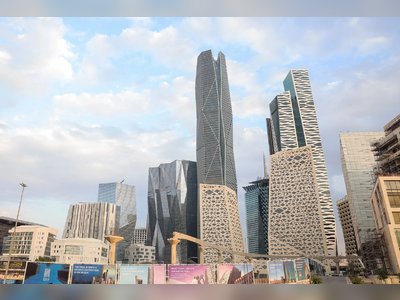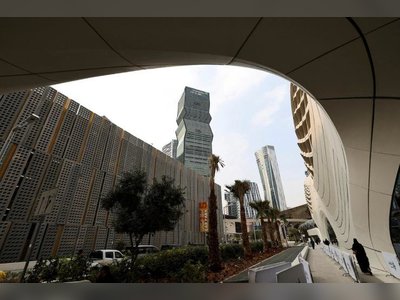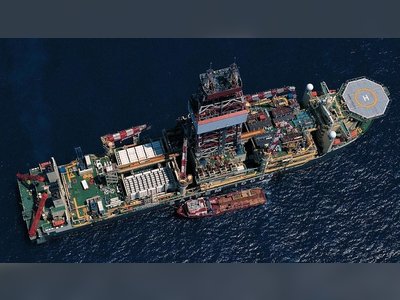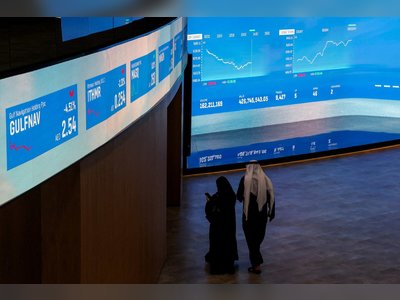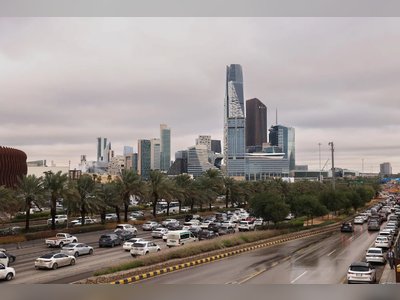State of the World Today: Non-State Actors Emerge
In today's evolving world, a symbiotic relationship exists between technology and humans.
Created initially by humans to solve their problems, technology has become vital to their existence, echoing German philosopher Hegel's master-slave dialectic. Humans modify their environment using technology, which in turn transforms them due to their close association with it. This change introduces new challenges and complications that subsequently require innovative technological solutions in a never-ending cycle.
Technology innovation typically begins at a central point and then spreads across the globe in a process known as proliferation. As countries adopt and further develop these technologies, power shifts occur. For instance, during its rise as a superpower, the United States emulated or even spied on Great Britain, leading to the relocation of the industrial world's center of gravity to the New World. Following that, the US spearheaded the technological revolution we experience today. However, the difference now lies in the rapid dissemination of technology, which becomes universally accessible, including to non-state actors. Technological experts suggest that the pace of technological spread may compress what once took a century into just two decades. The question remains: How will the modern ancient human mind adapt?
German sociologist Max Weber defined the state-nation as the sole authority of force and coercion within a defined geographical territory and society. In the 21st century, the unprecedented spread of technology, coupled with the reduced cost of waging war, has introduced new players into the global system: non-state actors.
Irish author Philip Bockinghton notes that the world is currently experiencing commodification the process of turning a high-cost product, once exclusive to the wealthy, into something accessible to the general populace. Mobile phones are a prime example of this shift. Commodification has democratized many aspects of life, extending to economics, trade, and even war. The traditional hierarchy in warfare has been dissolved, and the state is no longer the only entity capable of initiating a conflict. Instead, states grapple with the high cost of their military arsenals, preparing for conventional interstate warfare using expensive technologies. However, as these technologies become inexpensive and widely available, states face the challenge of adapting to major transformations.
Non-state actors cannot endure on their own they require sponsors, whether international or regional. They need safe havens and funding, especially in their formative stages, later seeking self-financing through illegitimate means. These groups prepare for specific military-political objectives to serve their sponsors, allowing for message delivery to intended recipients while the sponsor maintains plausible deniability. The connection between proxy and patron might be rooted in political, ideological, or even religious alignments. A matured agent has the potential to entangle its sponsor in an unwanted conflict. Nonetheless, a modus operandi is essential in their relationship, where the non-state actor may also influence the geopolitical game according to the sponsor's will.
In the Middle East, the following phenomenon is observed:
• The functional collapse of the state while it remains officially in place.
• According to international law (De Jure), the state retains its formal existence.
• However, in reality, on the ground (De Facto), the state has a government that does not govern due to the dominance of non-state actors.
In conclusion, according to the International Red Cross, there are currently 450 active non-state groups worldwide, controlling over 195 million people. So, is the world today multipolar? Or is America first among equals? Or is the global landscape non-polar?
Technology innovation typically begins at a central point and then spreads across the globe in a process known as proliferation. As countries adopt and further develop these technologies, power shifts occur. For instance, during its rise as a superpower, the United States emulated or even spied on Great Britain, leading to the relocation of the industrial world's center of gravity to the New World. Following that, the US spearheaded the technological revolution we experience today. However, the difference now lies in the rapid dissemination of technology, which becomes universally accessible, including to non-state actors. Technological experts suggest that the pace of technological spread may compress what once took a century into just two decades. The question remains: How will the modern ancient human mind adapt?
German sociologist Max Weber defined the state-nation as the sole authority of force and coercion within a defined geographical territory and society. In the 21st century, the unprecedented spread of technology, coupled with the reduced cost of waging war, has introduced new players into the global system: non-state actors.
Irish author Philip Bockinghton notes that the world is currently experiencing commodification the process of turning a high-cost product, once exclusive to the wealthy, into something accessible to the general populace. Mobile phones are a prime example of this shift. Commodification has democratized many aspects of life, extending to economics, trade, and even war. The traditional hierarchy in warfare has been dissolved, and the state is no longer the only entity capable of initiating a conflict. Instead, states grapple with the high cost of their military arsenals, preparing for conventional interstate warfare using expensive technologies. However, as these technologies become inexpensive and widely available, states face the challenge of adapting to major transformations.
Non-state actors cannot endure on their own they require sponsors, whether international or regional. They need safe havens and funding, especially in their formative stages, later seeking self-financing through illegitimate means. These groups prepare for specific military-political objectives to serve their sponsors, allowing for message delivery to intended recipients while the sponsor maintains plausible deniability. The connection between proxy and patron might be rooted in political, ideological, or even religious alignments. A matured agent has the potential to entangle its sponsor in an unwanted conflict. Nonetheless, a modus operandi is essential in their relationship, where the non-state actor may also influence the geopolitical game according to the sponsor's will.
In the Middle East, the following phenomenon is observed:
• The functional collapse of the state while it remains officially in place.
• According to international law (De Jure), the state retains its formal existence.
• However, in reality, on the ground (De Facto), the state has a government that does not govern due to the dominance of non-state actors.
In conclusion, according to the International Red Cross, there are currently 450 active non-state groups worldwide, controlling over 195 million people. So, is the world today multipolar? Or is America first among equals? Or is the global landscape non-polar?




